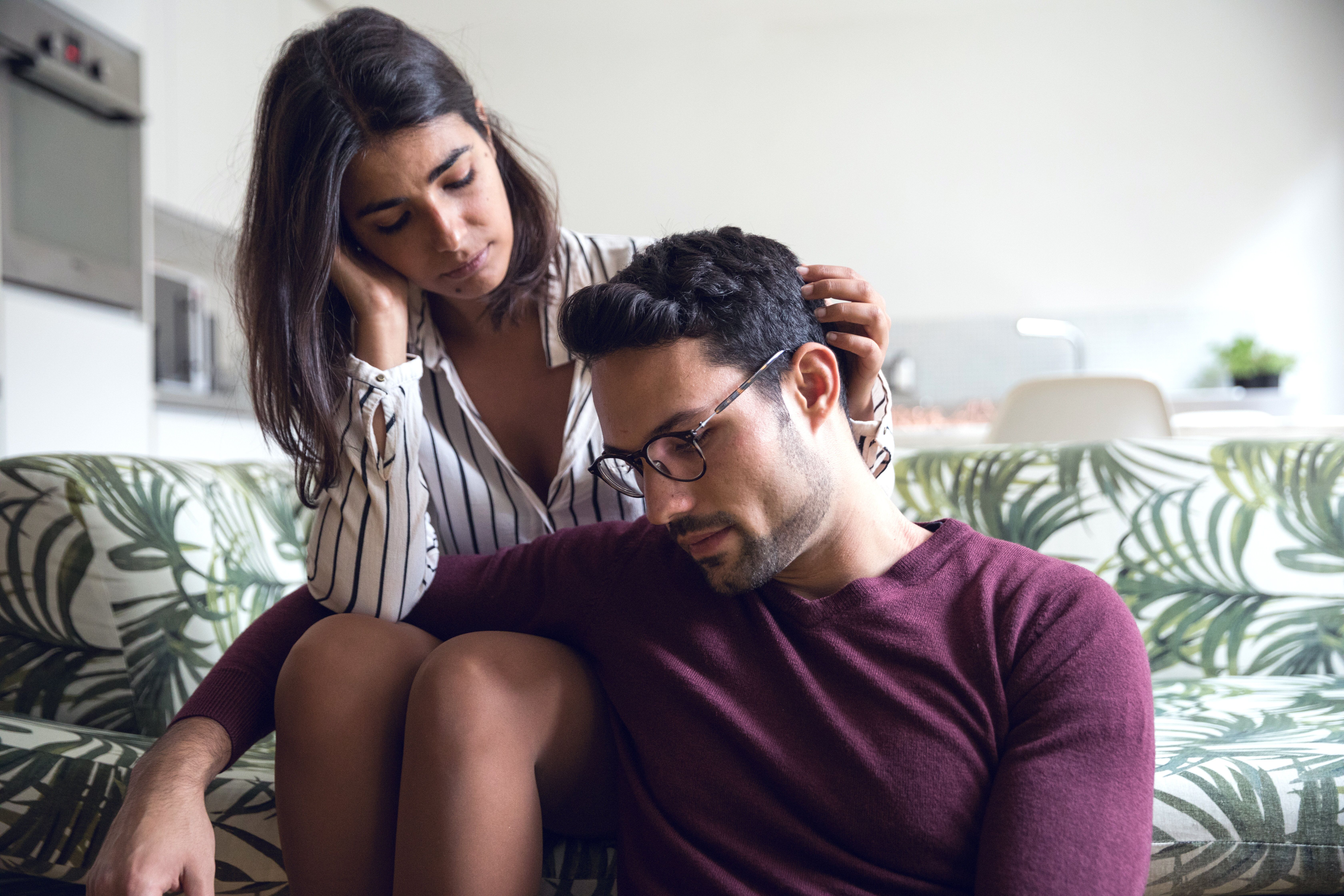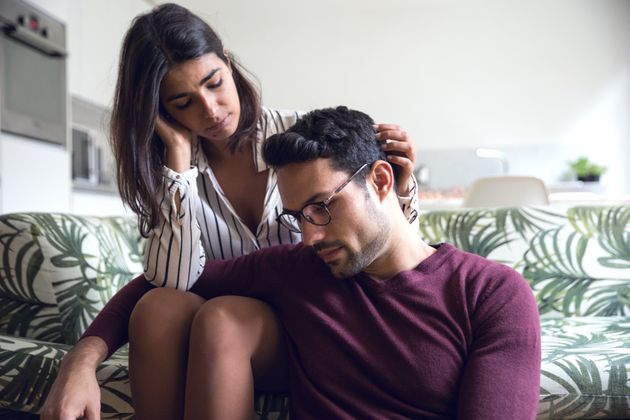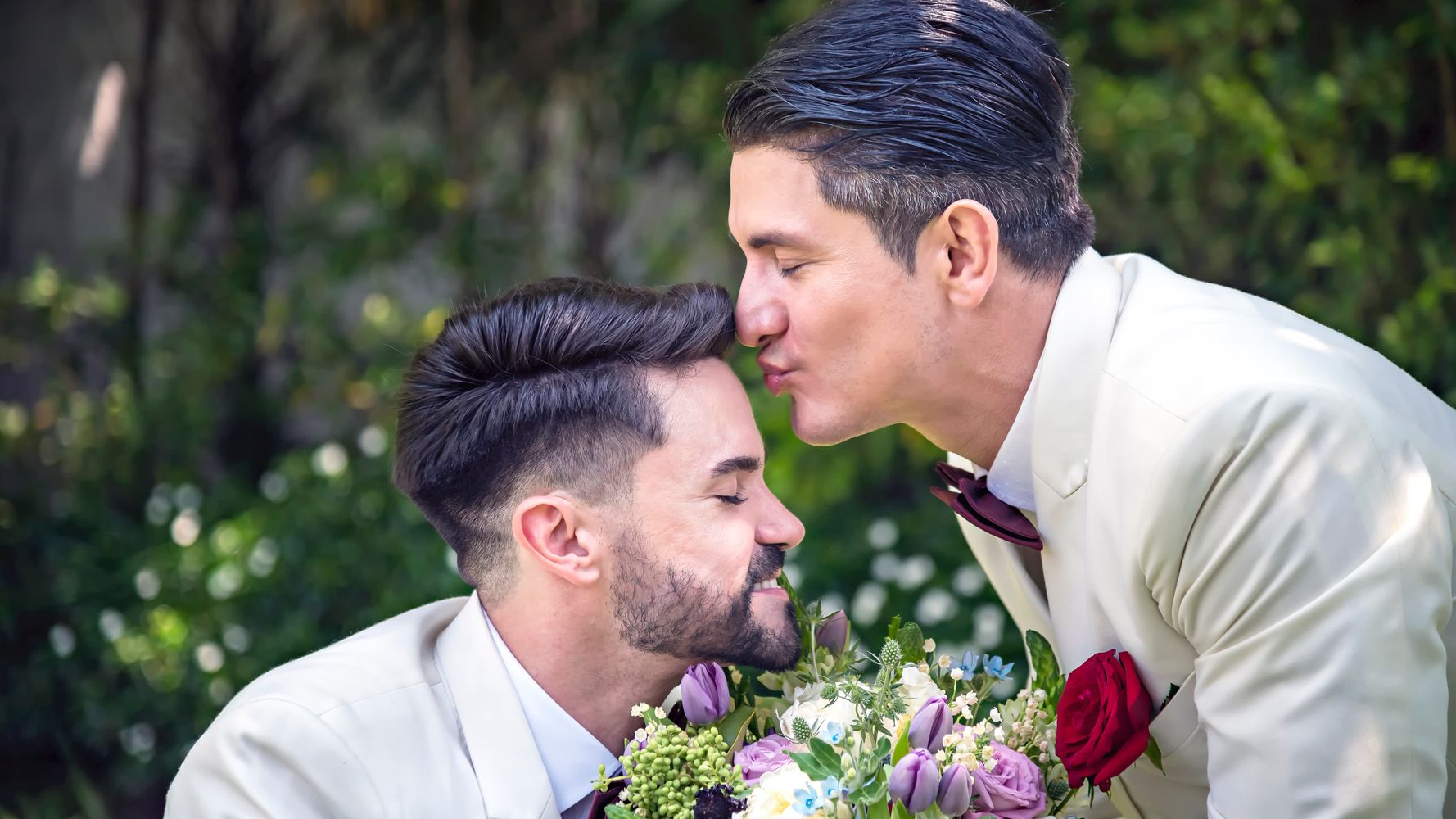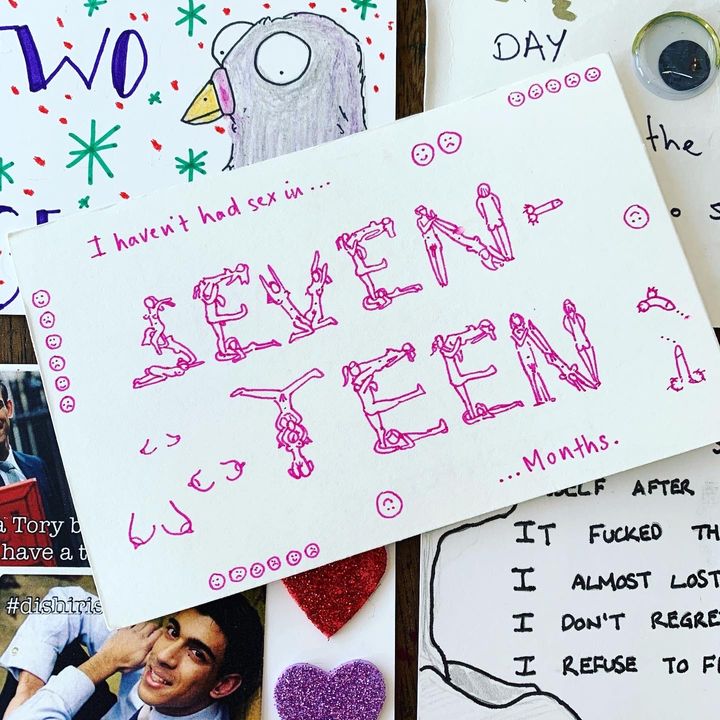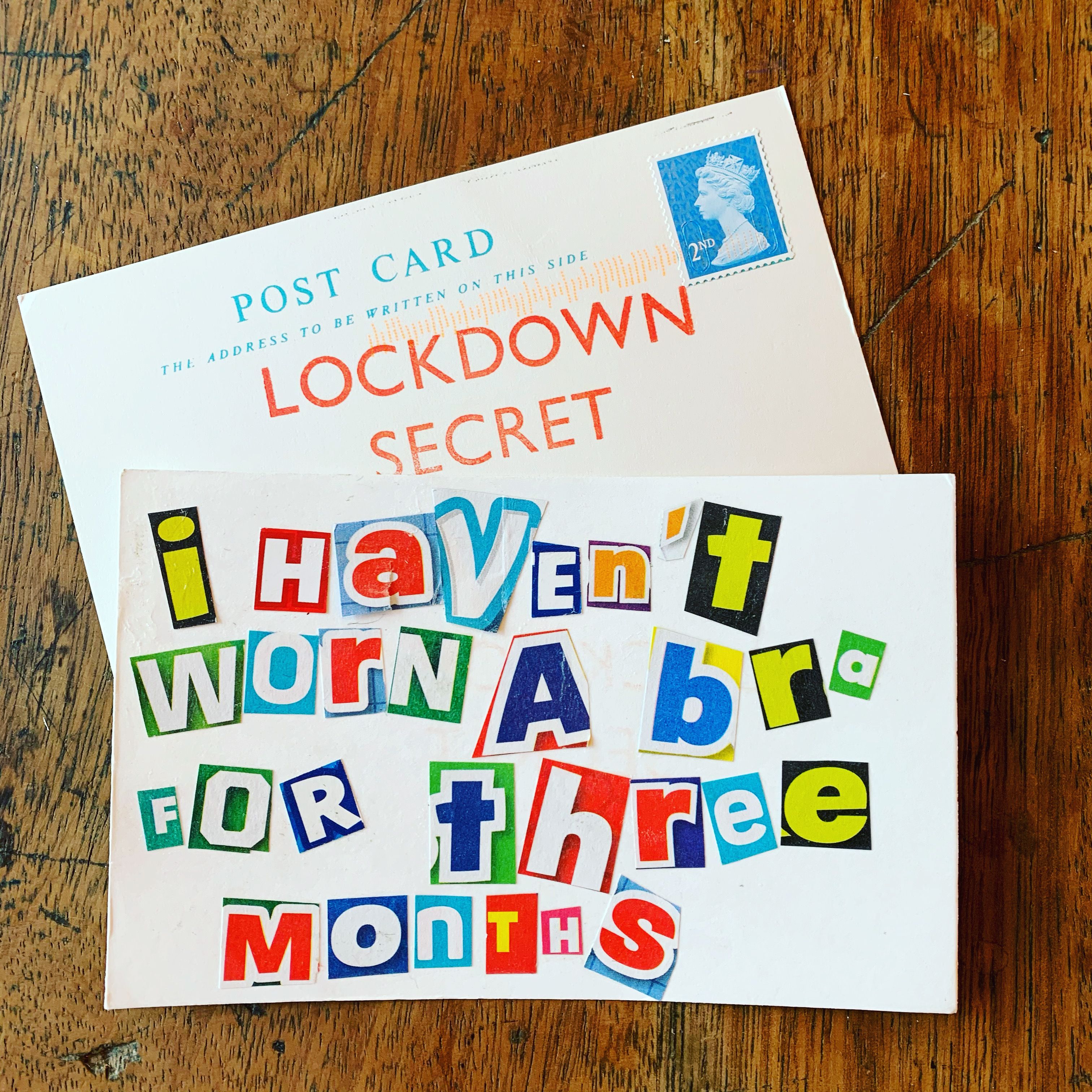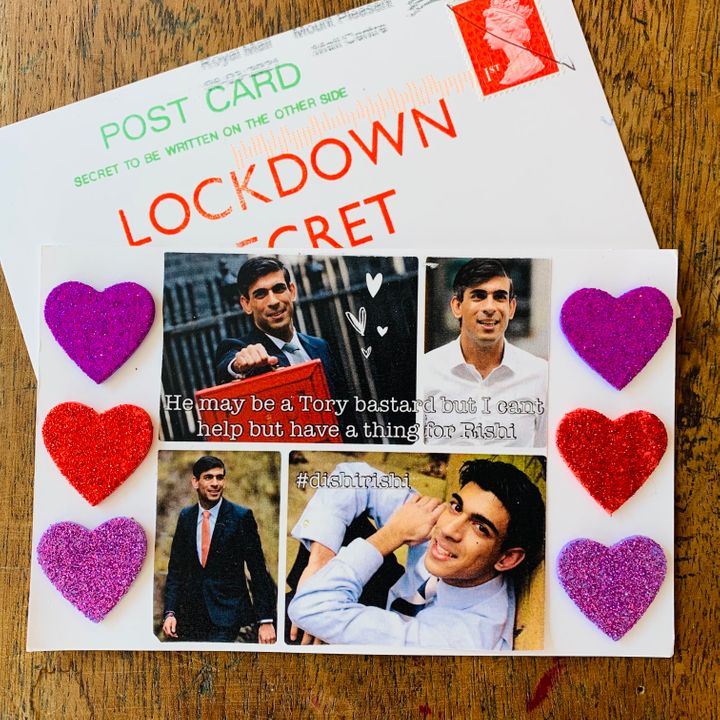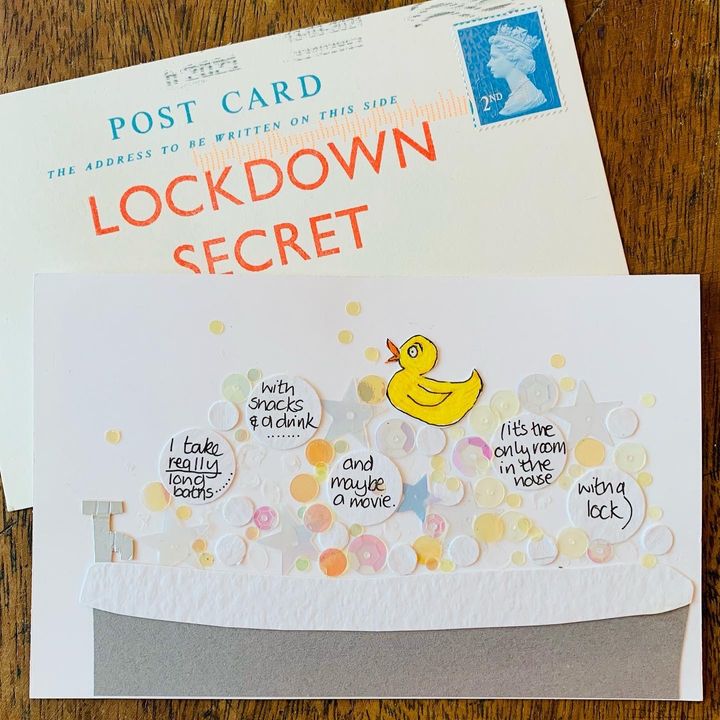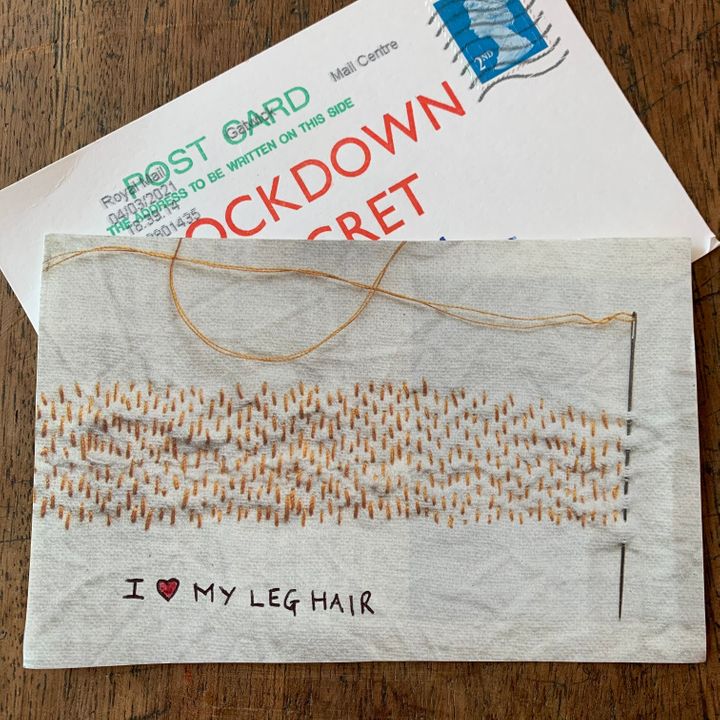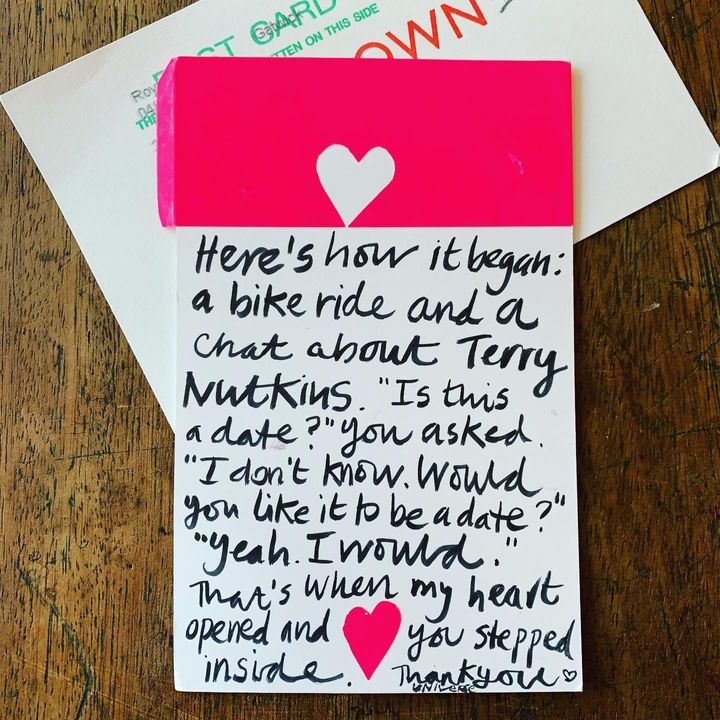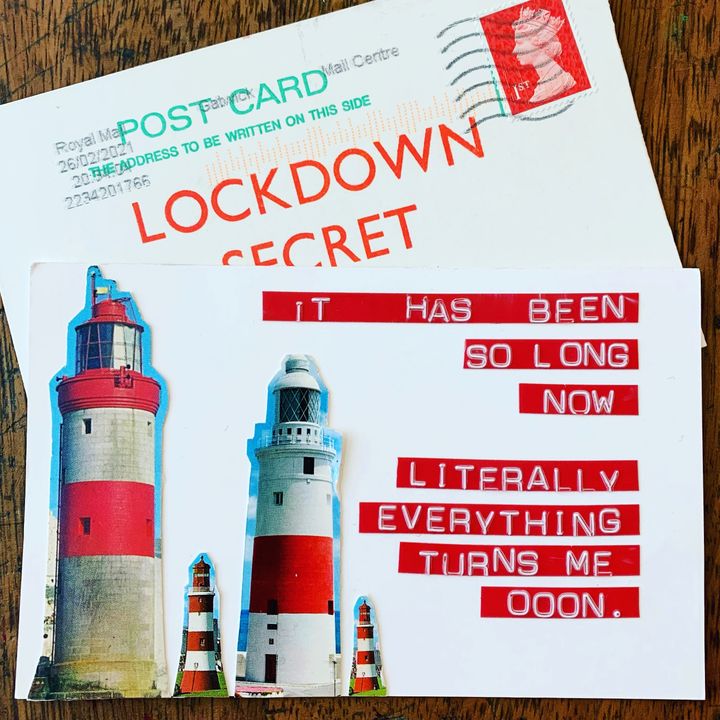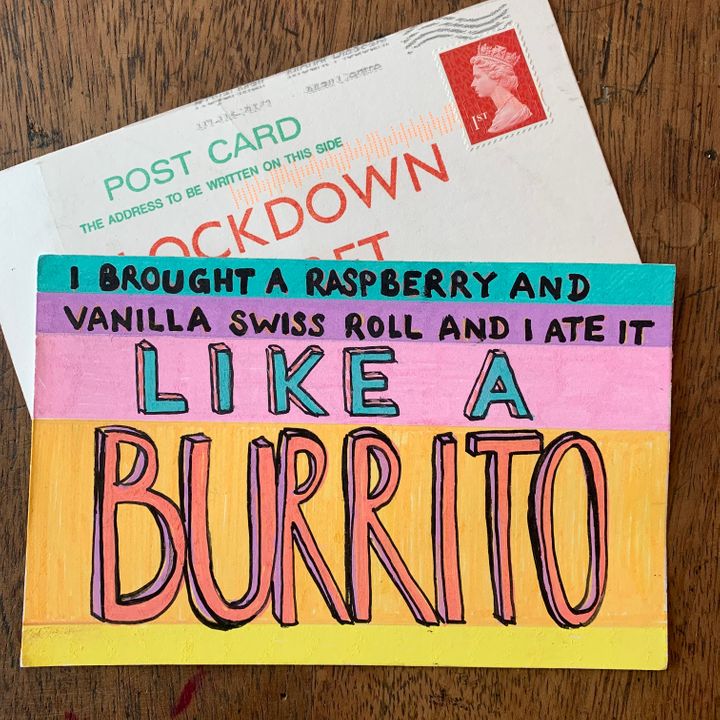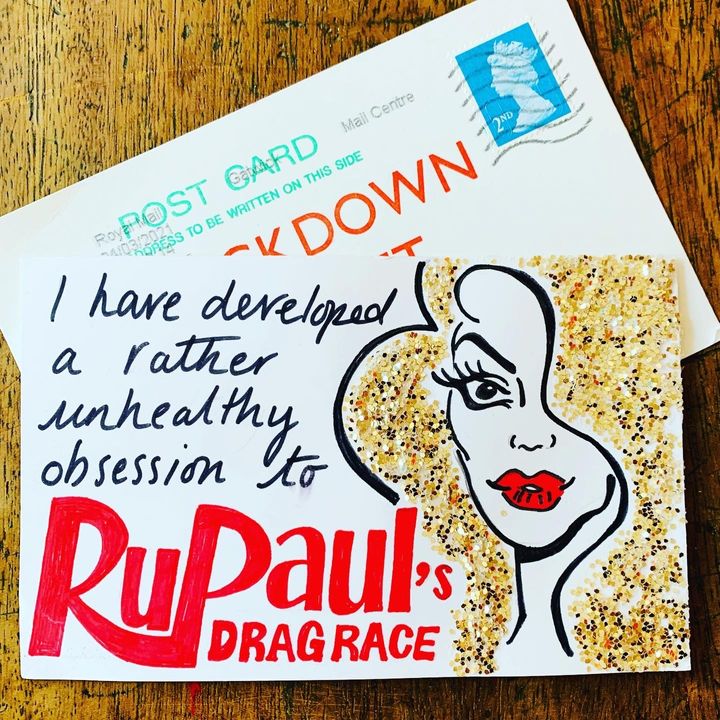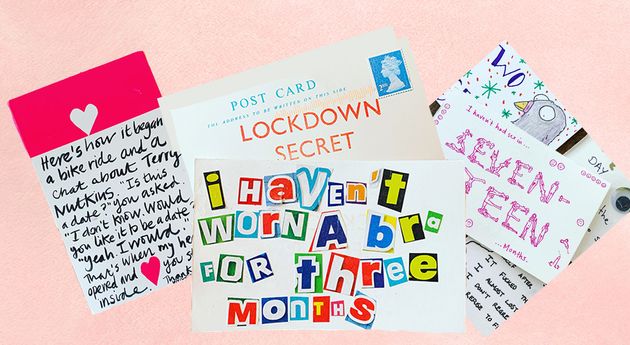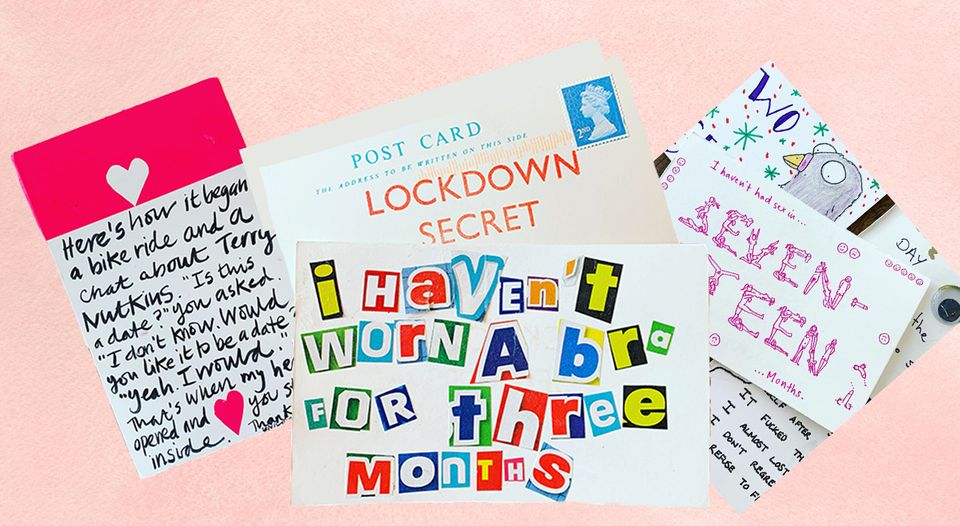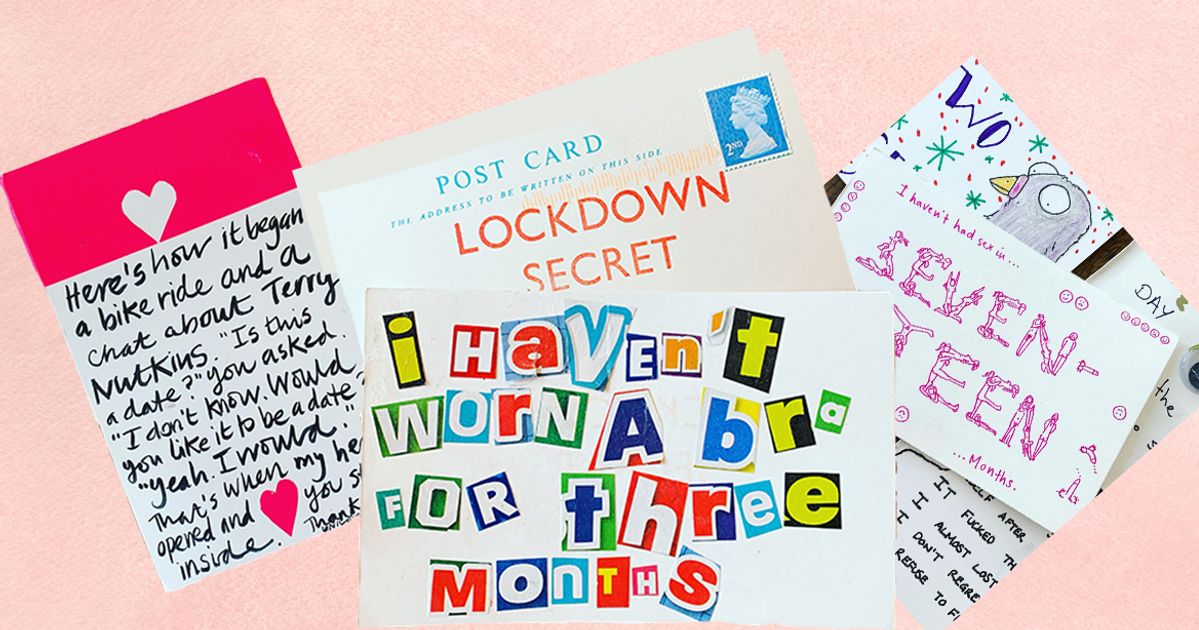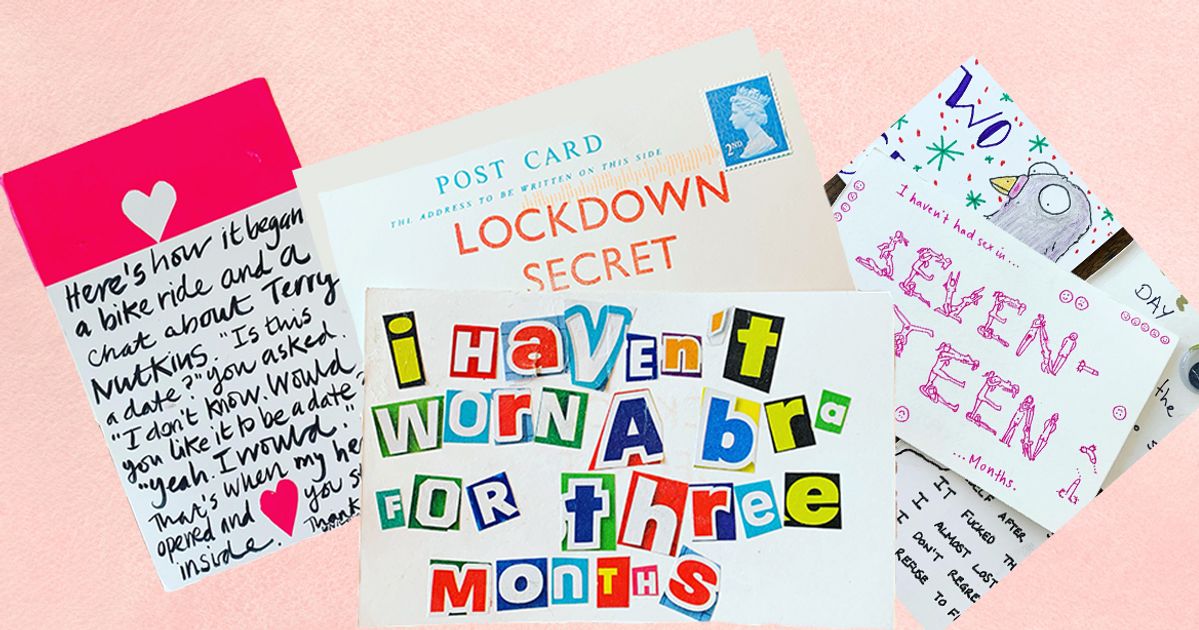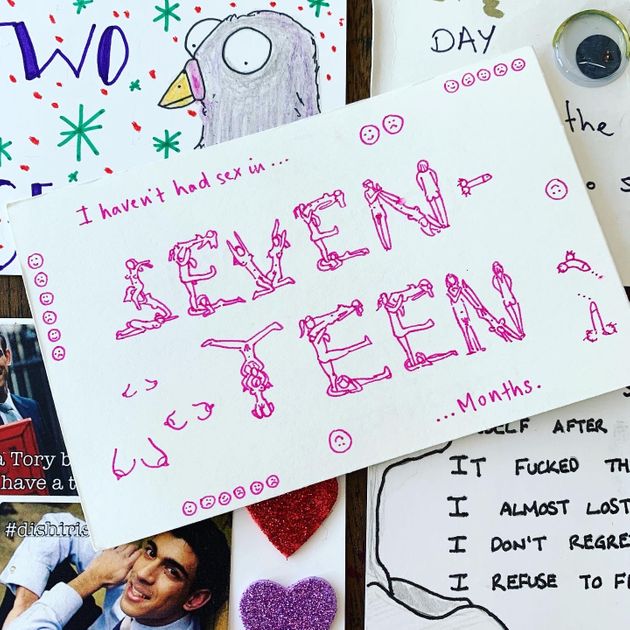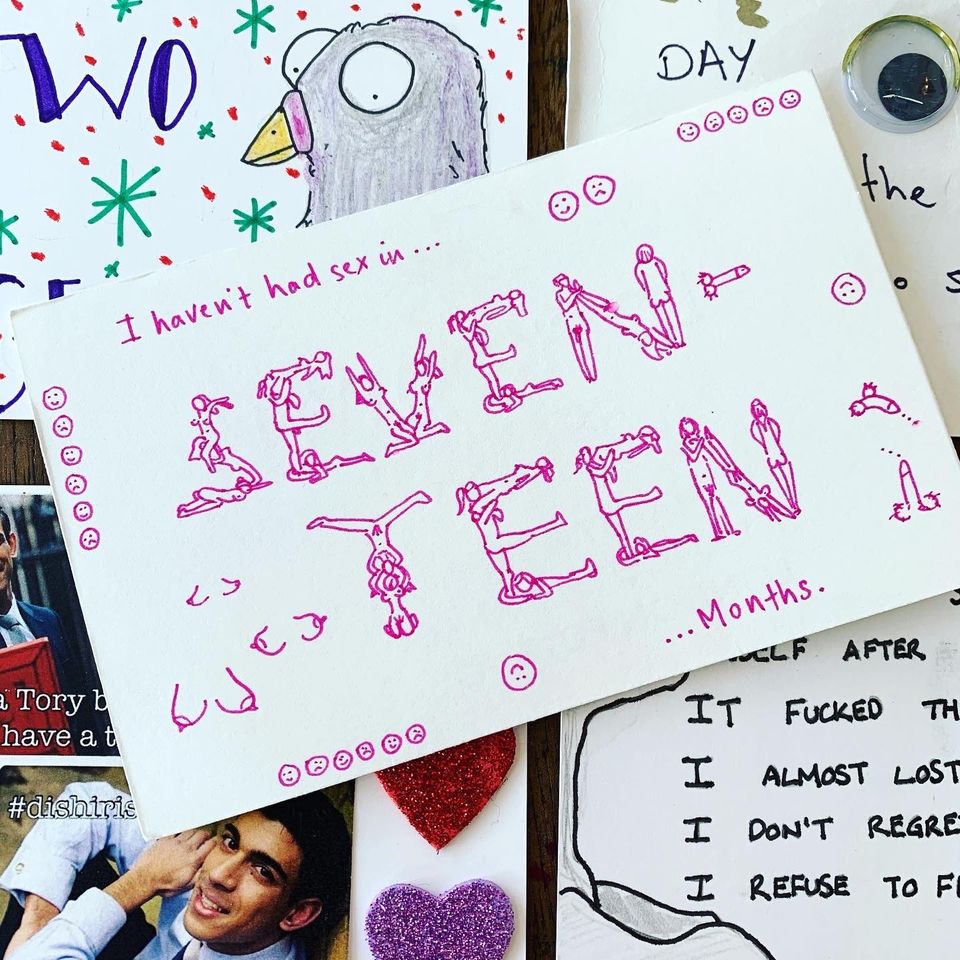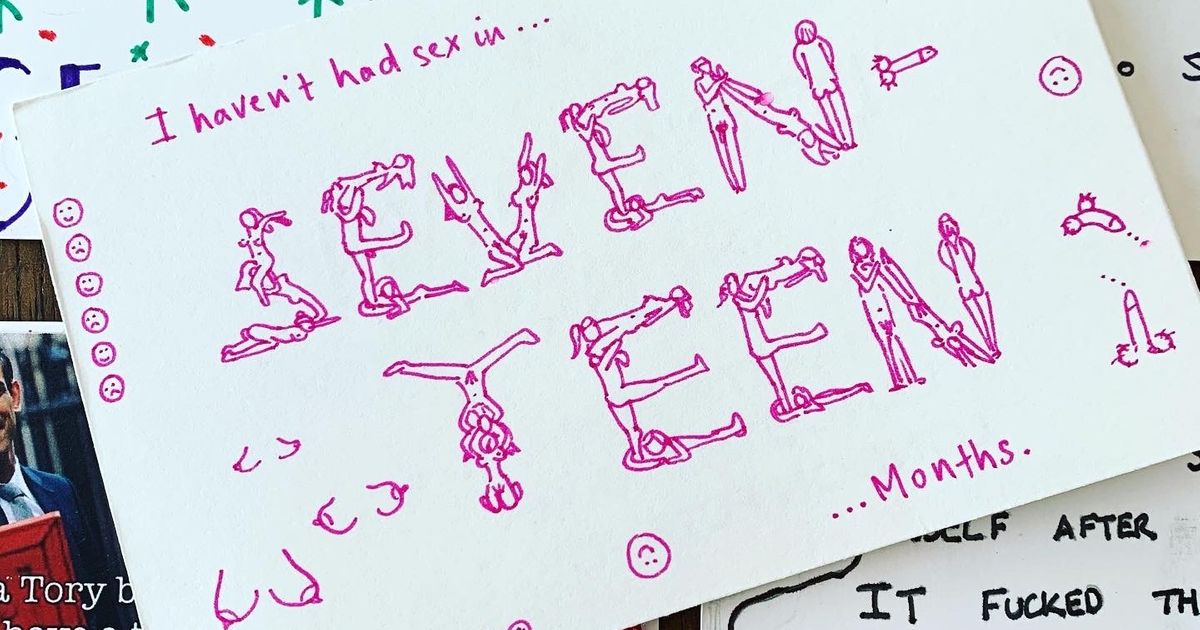Finally, we’re allowed out and about to celebrate Valentine’s Day but dine-at-home meals are still very much on the menu. The HuffPost UK Life team snuggled up with our better halves and friends to find the best meal for the big day.
We’ve reviewed them for taste, ease and value for money and ranked them by hearts out of five. Here are our favourites.
Advertisement
Waitrose’s £20 dinner for two
❤️ ❤️ ❤️
Advertisement
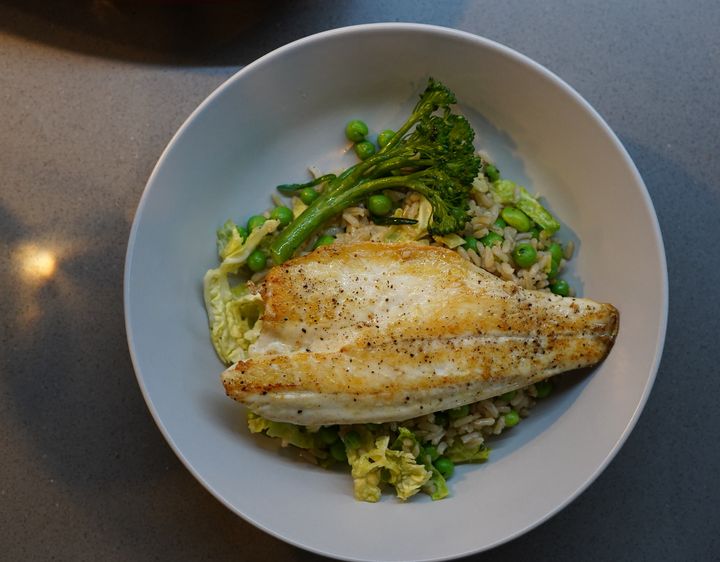
Harry Slater
Everything in Waitrose’s £20 dinner for two was perfectly fine and that’s sort of the problem. A Valentine’s meal should be special and pre-prepared food, no matter how fancy, doesn’t exactly say “I love you”. Granted, you could say this about every meal in our taste test, so let’s talk about the food.
Simple and satisfying, our two smoked and poached salmon terrines were close to the perfect starter. Along with a couple of glasses of San Leo Nerello Mascalese Rosato, they made for the best part the meal. (If you prefer a very dry fizz, go for the Calle d’Oro prosecco.)
Advertisement
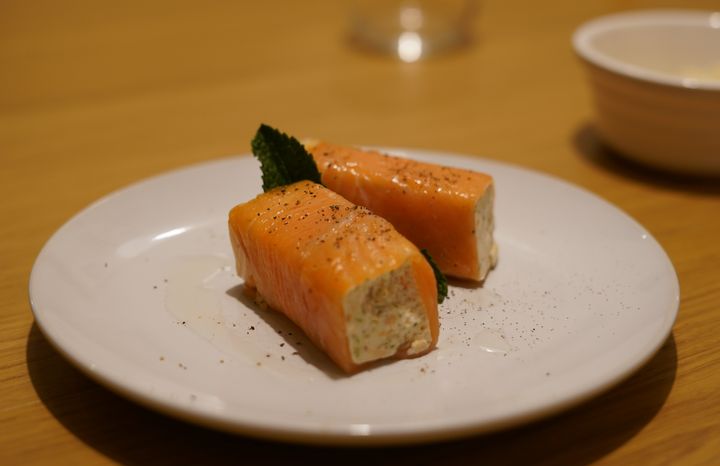
Harry Slater
The main required a bit more effort. With only buttered greens as a side, the sea bass fillets with a roasted tomato and olive filling needed some company and the addition of a bed of brown packet rice made the dish look prettier and fuller. Finally, gooey chocolate puddings from Waitrose’s luxury No.1 range were an indulgent but slightly floury end to our meal. They need a scoop of real vanilla ice cream with them.
Despite these shortcomings, it’s hard to knock the value for money from Waitrose’s extensive range. Treat yourself. Harry Slater, Deputy Editor.
Co-op’s £15 meal with alcohol (or £12 with a soft drink)
❤️ ❤️ ❤️ ❤️
Advertisement
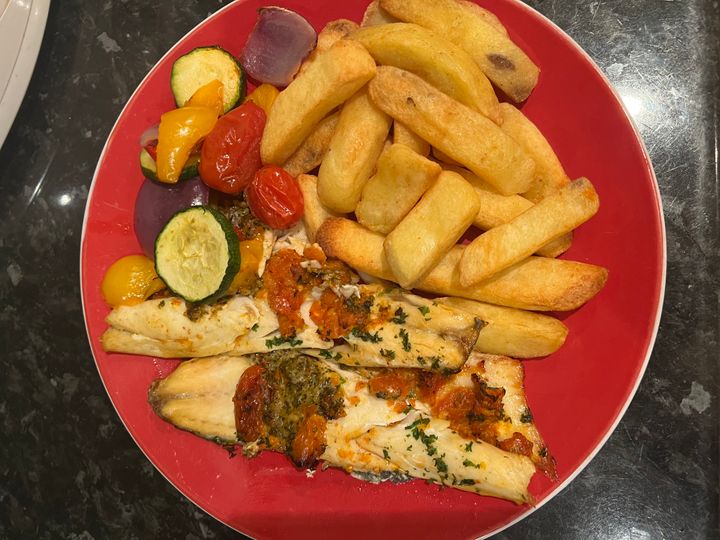
Faima Bakar
Co-op’s Irresistible range for Valentine’s Day is fantastic and extensive. We started with a drool-worthy portion of their Camembert with garlic and parsley sharing bread. Although we found the bread a little dry, the cheese is so rich and creamy we didn’t mind. x
Their standout main is the steak and scotch eggs, which is sure to be a partner pleaser. I can’t eat meat, so instead tried the sea bass with a side of steak chips and Mediterranean-style veggies, and of course cute heart-shaped butter pieces on top.
Lastly, the melt in the middle puddings could melt your heart. They were a truly indulgent chocolatey, gooey bite heaven – but a 500 calories a pop, I can’t imagine having them often. And the prosecco didn’t disappoint. Faima Bakar, Life Reporter.
Tesco’s £15 meal with Prosecco
❤️ ❤️ ❤️ ❤️
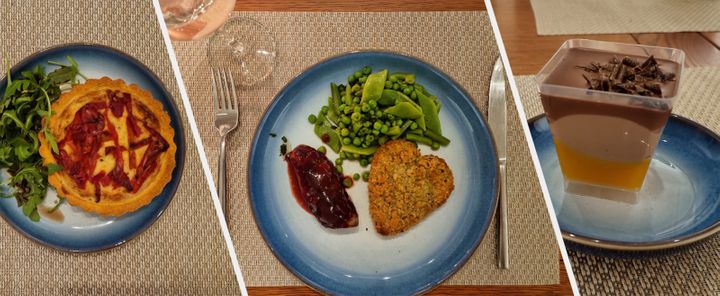
Rachel Moss
Tesco’s deal has an impressive 32 products (including a number of vegan items), allowing shoppers to choose from more than 76,000 combinations, so you’re bound to find something you like.
We opt for the feta and red pepper tartlets to start, which are surprisingly light and moreish, but do look a little plain on the plate without the addition of some rocket (which I bought separately).
The main of duck breast with a raspberry hoisin sauce, alongside a trio of greens and heart-shaped herby potato croquette, feels like a real treat and something I wouldn’t usually cook. The duck is fairly small and does shrink quite considerably, though, so I graciously give my husband the larger portion and settle for a piece resembling a large, red slug. Still, it tastes delicious.
The chocolate and orange pots are the real stars, though, with the bottom layer reminiscent of the world’s most delicious Calippo. We practically lick the sides clean. For 15 quid – with a bottle of very quaffable fizz – this meal is great value. Rachel Moss, Life Editor.
Asda’s £15 meal for two
Advertisement
❤️ ❤️ ❤️ ❤️
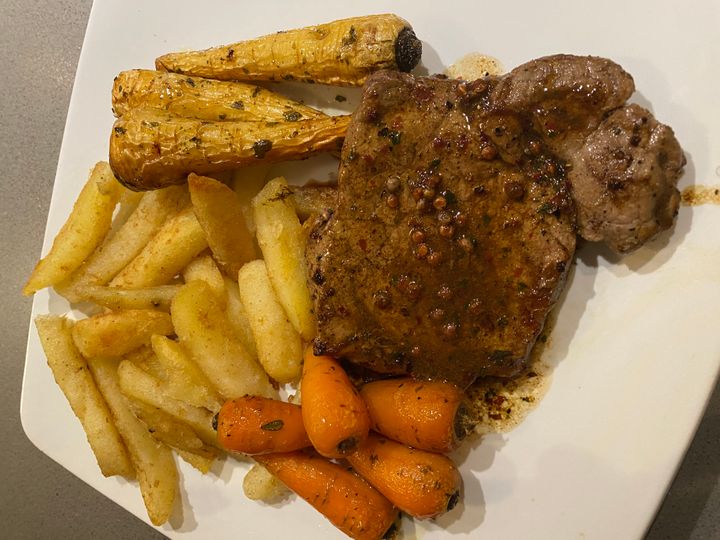
Melanie Grant
Asda’s Valentine’s meal offers plenty of choice with meat, fish and vegan options, and hearts thrown-in for good measure (reader, you’ll see).
We for the tempura prawns followed by the sirloin steak, triple-cooked chips with honey baby parsnips and Chantenay carrots. It’s all relatively easy to put together, even if the starter and both sides all go in the oven at different times. But thanks to the bang-on cooking instructions – especially for the steak – you’ll end up serving a meal that looks restaurant-quality.
The tempura prawns, with its chilli-by-name-not-necessarily-by-heat dip are nice enough but not memorable. The juicy steak is notable though. It’s made all the more succulent swimming in the melted (originally heart-shaped) peppercorn butter and complemented with the dreamy, soft and crispy chips. For that added crunch, I suggest a few extra mins in the oven.
The honeyed baby parsnips are worth fighting anyone for, less so with the chantenay carrots. Even after 40 mins oven-baking, some were still hard.
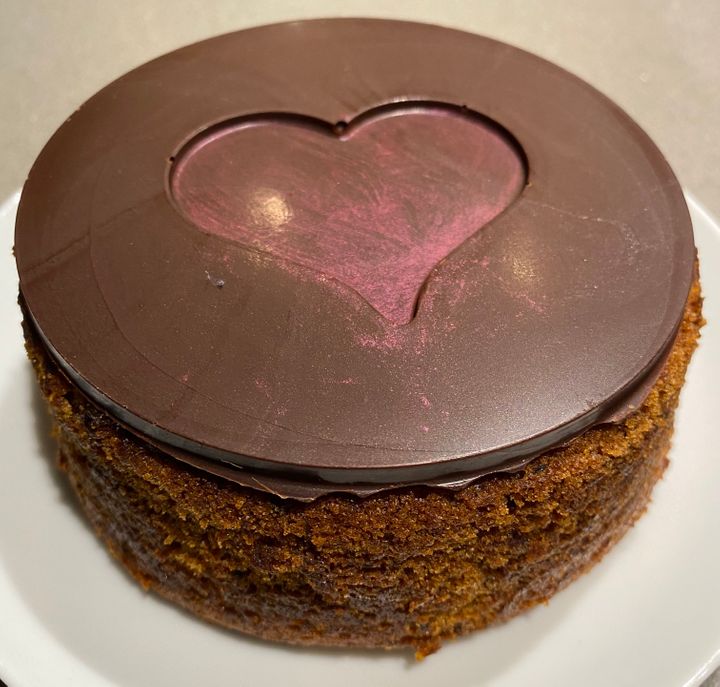
Melanie Grant
It’s much relief that the sticky toffee pudding isn’t another oven job. After 90 seconds of microwaving you’re pouring sweet toffee sauce onto its chocolate-embossed heart (yes, another one). Our rosé pinot grigio helps cut through the saccharine flavours (or you could add a dollop of crème fraîche or cream).
The box of Lily O’Brien’s chocolates is perhaps best saved for after you’ve had your other dessert…Melanie Grant, Audience Editor.
Morrison’s £15 meal for two

Morrison’s
❤️ ❤️ ❤️ ❤️
With a starter, a main, two sides, a dessert and a drink for just £15, the Valentine’s deal from Morrisons is a real steal. The range of options is impressive and includes plenty of veggie and vegan delights, which impresses my newly vegetarian fiancé.
Advertisement
We go for the garlic and cream cheese mushrooms to start, which looks a little underwhelming, but once I taste the whipped, velvety garlic topping, I realise looks can be deceiving. It’s the perfect combination of decadent cheese and earthy mushroom.
Next, it’s the slow cooked ‘Coq au Vin’ for me and a vegan beef-lees Wellington for my partner (each extra main comes at an additional cost). Both are quick and easy to prepare.
Served in a red wine and beechwood smoked bacon sauce and topped with mushrooms and onions, the chicken delicately falls off the bone. It’s succulent, warming, and absolutely delicious. The beef-less Wellington also goes down well. My partner describes the pastry as unexpectedly buttery and wonderfully flakey. We share an uneventful side of carrots and kale in an orange dressing and a creamy, garlic-spiked portion of dauphinoise potatoes.
For dessert, my partner tries the Belgium chocolate pudding, but I’m unable to take part as it seems each dessert option “may contain nuts”, and I have a serious allergy. The pud smells absolutely divine. I assume, from the fact my partner demolishes his dessert in about three seconds flat, that it’s just as tasty.
We finish our meal feeling full and satisfied and wash it down with the crisp, satisfying prosecco.
Sainsbury’s £15 meal for two
❤️ ❤️ ❤️ ❤️
I love a good supermarket meal so I’m excited Sainsbury’s Valentines offering. Their options include a starter, main, dessert and bottle of fizz for £15.
We start with the the Scottish mussels in white wine, which were creamy and filling. Next, we tuck into Higgidy’s spinach, red pepper and feta quiche. It’s well seasoned and the feta is delicious. Sainsbury’s doesn’t include a side in their meal, but we can’t resisted their truffle mash. It’s rich and buttery and pairs well with the quiche. Finally, Gü’s salted caramel cheesecake makes for a fantastic finish. Can you ever go wrong with salted caramel? Our sparkling rosé is the only let down. It’s too dry for my taste. Habiba Katsha, Jnr. Life Reporter.












